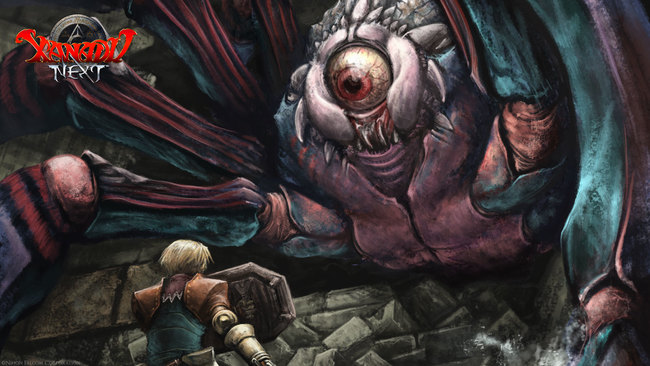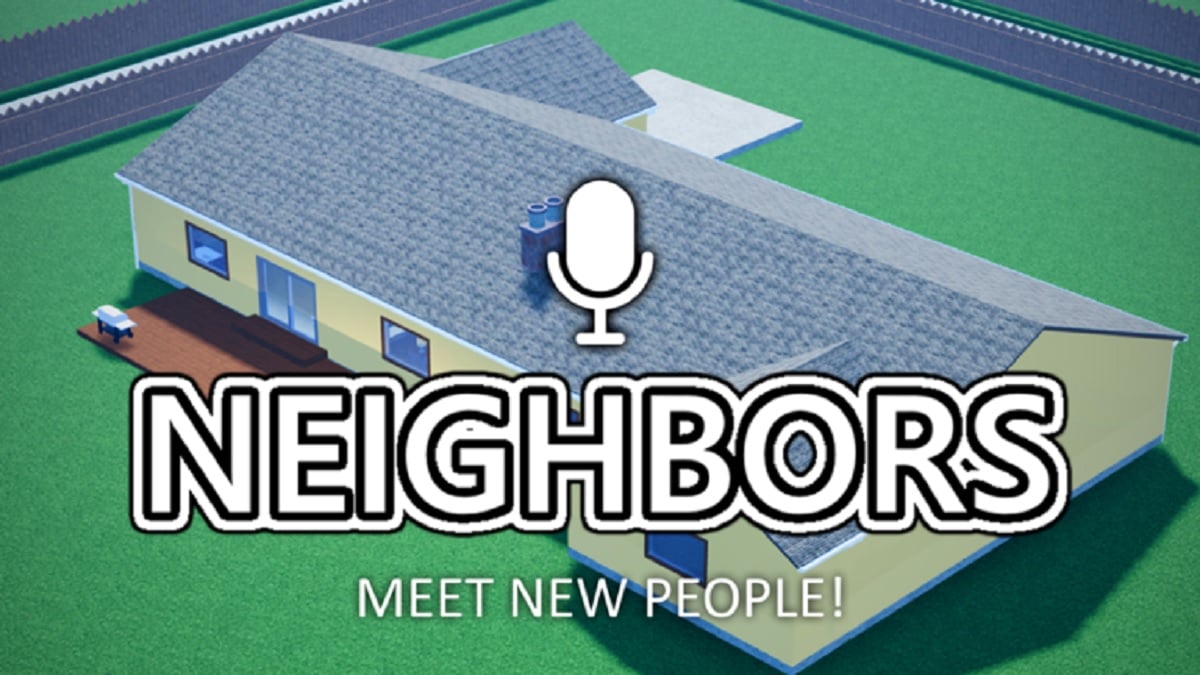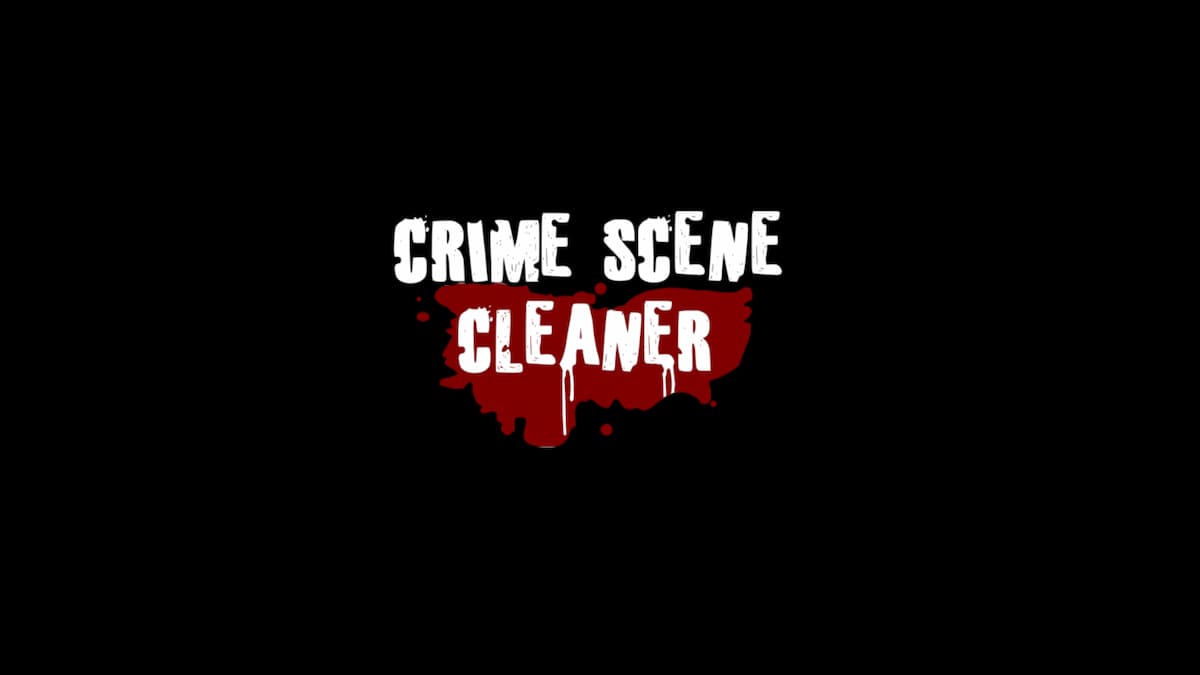Xanadu Next on PC
Very often games that get released in Japan never see the light of day in the west, or only see a limited run here. Xanadu Next was one of those games, seeing a worldwide release on the N-Gage, but only making it onto PC in Japan. Now, XSEED has brought the game to PC worldwide for the majority of people that probably missed the game back in 2005. Coming to Xanadu Next in 2016 is interesting, as it feels almost like a combination of Zelda, Ys, Diablo, and, surprisingly, Dark Souls. For better or worse though, this is a game from 2005, and it shows at times.
Xanadu is a series created by Nihon Falcom, and one that can be overshadowed by their similar and more well known series, Ys. Xanadu Next follows the story of a scholar named Charlotte L. Wells and the player character, who happens to be Charlotte’s brother and a disgraced knight. Your sister has brought you along to help investigate the ruins on Harlech Island, and a mysterious castle that appears and disappears. As you begin to explore the ruins you come upon a strange crown, and are promptly met by an unknown swordsman who kills you and takes the crown.
You undergo a life-saving process that binds your life to the island and a Guardian, unless the fables are true and you can obtain the Dragon Slayer sword. This weapon was once wielded by a great warrior, and is said to give its wielder great life and power. Xanadu Next sets up its stakes early on, as you’re literally questing for your life.

The story is spread thin over the game’s 20 or so hour runtime, but that’s intentional as the main appeal here is the dungeon crawling. There is an interesting central mystery however, and although your character is silent, he serves as a vessel to communicate with the interesting characters and world of the game. Tablets and journals can be found throughout the world that your sister will translate, providing interesting pieces of lore and history.
Dungeon crawling lies at the heart of Xanadu Next, something similar to Ys or Diablo. The game is presented in an isometric style, with a 3D world, and there’s actually a very simple control scheme and interface used. Clicking and dragging your mouse moves your character, or, of course, by using your control stick.
You have a basic attack that you can use by clicking on enemies if you’re using a mouse, or by mapping whatever button you want on a controller. Additionally, you have four skill slots for abilities and magic that you can map and switch between at any time, using the right mouse to activate. Each skill has its own set of skill points, a system that actually works quite well. As you’re exploring ruins and dungeons, skills almost become a resource you need to manage, as some have unique abilities to knock down enemies or cause elemental damage. It’s something you really need to think about as you’re exploring, and plan accordingly.
As soon as you’ve completed the opening sequence, you’re let out onto Harlech Island and into the ruins. The starting town serves as your hub, and where to return to in order to rest and recover, purchase items and equipment, and distribute stat points after you level up. Proceeding into the ruins shows a deep and complex system of maps that run together.

This can start to be a problem, however, as certain dungeons and areas drag on exceedingly long. All you have is a basic map with no icons or hints as to what each room is, which can become very frustrating. Keeping track of which rooms chests or special areas are in can get confusing, and it’s very easy to get lost and not remember where you were heading.
You’ll need keys to progress further in the world, similarly to a Zelda dungeon, but used throughout the game. You can purchase keys from a shop in town, and each key you buy ups the price. By selling bones that enemies drop you can reduce the price of keys, and you also gain an item that lets you craft these valuable items from bones.
This all forms the heart of Xanadu Next’s gameplay. It’s a cycle that has you stocking up on keys and seeing how far your stock, and your health, can get you in exploration. Luckily, the game makes it fairly easy to return to town, so the cycle isn’t overly repetitive and it’s easy to grind gold from enemies along the way.
The most surprising aspect of Xanadu Next, to me, was how interconnected its environments are. There’s a very Dark Souls kind of feeling to it, as you discover shortcuts that lead you back to previous areas or back to towns. It was exciting to find a new path that opened up an area, and new items you obtain throughout the game open even more routes and options in previous areas.
The combat system in Xanadu Next is simple, while still managing to be engaging. Positioning plays a big part, and you’ll often need to navigate your character just right to be out of reach of an enemies attacks. Some areas throw a ton of enemies at you, so you need to use your abilities smartly to either knock some away or hit multiple ones at once. Things can get hectic fast, and you’ll find yourself surprisingly focused on battle as the enemy AI swarms you.
Combat has a hint of Zelda style to it, with the way enemies broadcast their attacks, and a couple of the boss battles feel like they’d be right at home in one of Link’s adventures. One might even be a direct reference to Nintendo’s series, as it’s a giant spider with a glowing red eye you have to hit named Scoltula.

As it’s a game over ten years old, Xanadu Next isn’t particularly impressive graphically, although it isn’t ugly. It’s easy to run on high settings to get a glossy look, but characters and environments are blocky and awkward looking at times. The world does have enough variation in its environments to keep things fresh however.
The interface, however, can be a bit cumbersome to navigate. You have a simple menu that holds your items, abilities, and more. Unfortunately, clicking and selecting tabs and boxes was nigh impossible for me at times. Something made it so that instead of clicking on the menu I just brought up, it would instead keep moving my character around. Using hotkeys for abilities and items is easy, but changing spells or equipment became a frustrating exercise occasionally.
I ran into a few other bugs here and there, with some graphical hitches, framerate drops in larger areas, sound clipping, and even my game crashing a couple times at the start. The menu frustrations were a lingering problem that made things difficult, while the rest of the bugs weren’t really a problem.
Xanadu Next is definitely a game that feels dated by many standards with its lack of a detailed map, frustrating menus, and simple combat. Even despite all this, there was an immense draw to the game with its gameplay loop that proved to be incredibly fun, and really made me want to keep going. The story definitely draws your interest with its mystery and the strangers you meet along the way, and the simple combat system manages to still be engaging and hectic. Xanadu Next doesn’t overstay its welcome, and proves to be a succinct experience with a world that feels cohesive and contained.
SCORE: 3.5/5 – Fair
PROS
| CONS
|














Updated: Nov 3, 2016 06:34 pm